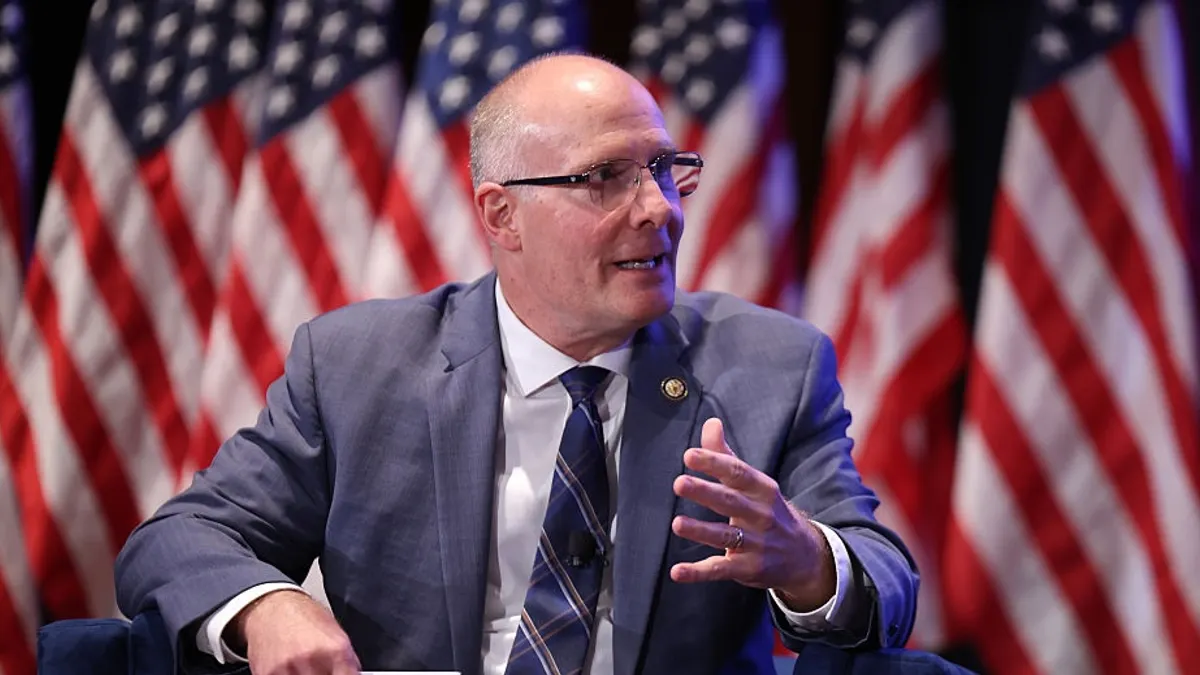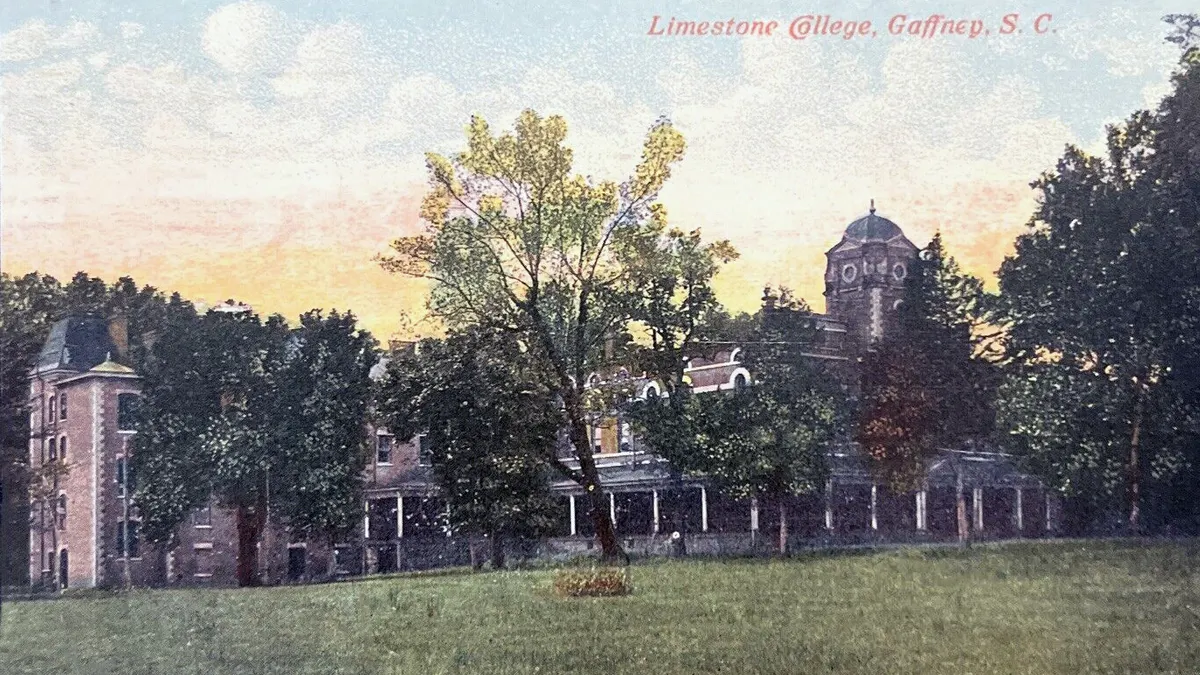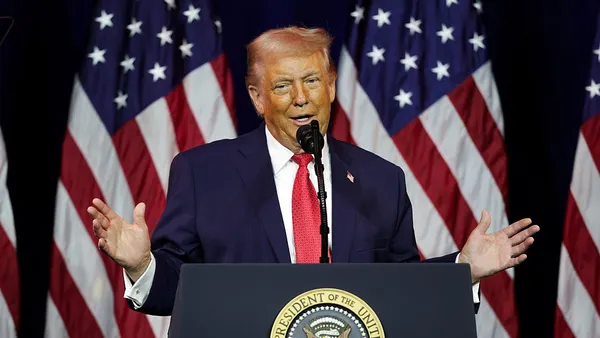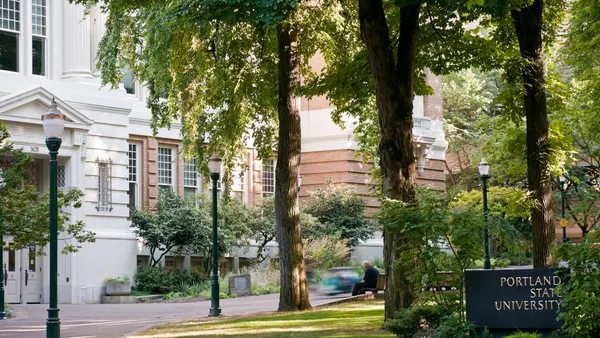Dive Brief:
- A Republican-led House committee is pushing seven research universities to cut ties with a scholarship program sponsored by the Chinese government.
- In four-page letters Tuesday, Republican Rep. John Moolenaar, chair of the Select Committee on the Chinese Communist Party, decried the China Scholarship Council as “one of the nefarious mechanisms” the Chinese government uses to advance its technologies and urged each college involved with the council to “reconsider its participation.”
- Moolenaar further set a July 22 deadline for college leaders to provide his committee with extensive documentation on their institutions’ work with the council from May 2020 to May 2025.
Dive Insight:
The China Scholarship Council, a program funded by the Chinese Communist Party, partners with colleges in other countries and sponsors both Chinese students studying abroad and international students studying at Chinese universities.
Participating Chinese students must return to China after graduating and work for at least two years.
In Moolenaar's letters to college officials Tuesday, he announced that the House committee on the Chinese government is conducting a “systematic review” of “the China Scholarship Council’s infiltration of U.S. colleges.”
“CSC purports to be a joint scholarship program between U.S. and Chinese institutions," he said. "However, in reality it is a CCP-managed technology transfer effort that exploits U.S. institutions and directly supports China’s military and scientific growth.”
About 7% of Chinese citizens studying abroad — some 65,000 students — are sponsored by the China Scholarship Council, according to a 2020 analysis by Georgetown University’s Center for Security and Emerging Technology.
A relatively small minority of them end up in the U.S. In 2024, the council announced plans to sponsor up to 240 students to study at seven U.S. colleges this year, the South China Morning Post reported.
The seven participating institutions, all of which received a letter from Moolenaar on Tuesday, are Dartmouth College, Temple University, the University of Tennessee, the University of Notre Dame and three campuses in the University of California system — Davis, Irvine and Riverside.
The number of sponsored students and the length of their studies in the U.S. vary by college. For example, the University of California, Davis co-sponsors up to 10 Ph.D. candidates, while Temple co-sponsors up to 60 graduate students, according to Moolenaar’s letters.
However, a Dartmouth spokesperson said the college cut ties with China Scholarship Council well before receiving Moolenaar's letter, making the decision last academic year, per the college’s student newspaper. The spokesperson told the publication that the college’s partnership with the council led to the enrollment of fewer than 10 participants over the last decade.
Likewise, the University of Notre Dame this week told The Associated Press that it began to cut ties with the council earlier this year.
Moolenaar noted that all the institutions rely on “significant federal funding” for their research, citing research funding levels from years before Trump retook office. And China has “a history of exploiting the openness of the American higher education and research system to enhance its technological competitiveness and military capabilities,” he said.
A 2020 proclamation from President Donald Trump, made during his first term, restricted certain Chinese researchers and graduate students from gaining visas to study in the U.S. The goal, Trump wrote at the time, was to prevent Chinese nationals from attempting to “acquire and divert foreign technologies.”
Several months after Trump issued the proclamation, the University of North Texas cut off ties with the China Scholarship Council, abruptly forcing more than a dozen Chinese researchers participating in the program to leave the country.
Former President Joe Biden continued to enforce the proclamation during his term.
“It is imperative to assess how the UCD-CSC joint scholarship program — explicitly designed to develop [Chinese] talent in cutting edge technology at graduate levels — serves U.S. interests,” Moolenaar said in his letter to the chancellor of the University of California, Davis. He echoed the line in his letters to the heads of the other six colleges.
Among his document requests, Moolenaar called for colleges to list if any Chinese students participating in the program switched to a STEM major after initially declaring a non-STEM major and if any participating students worked on federally funded research. Officials should also justify how supporting the development of participating students advances U.S. interests, he said.










